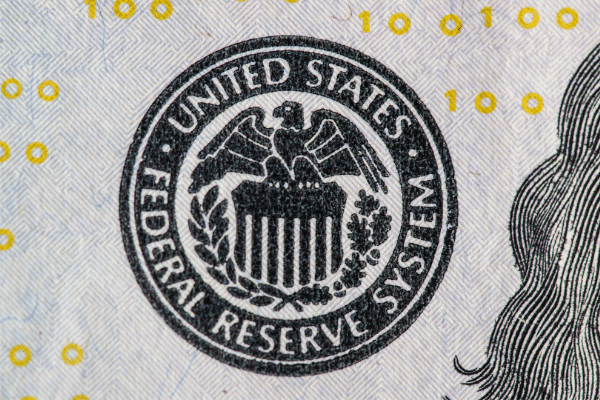
- Russian invasion of Ukraine could see a more dovish European Central Bank despite inflationary pressures
- U.S. Federal Reserve policymakers are keeping their cards close to their chest, robust growth, tight labor markets and price pressures could see them hike rates, but the Russian invasion of Ukraine could temper the aggressiveness of such monetary policy moves
As Russian troops encircle the Ukrainian capital of Kyiv and despite a spirited resistance, it’s now really only a matter of “when” rather than “if” the city will fall.
Although Russian troops have not made the swift progress that their commanders may have been betting on, a badly outgunned Ukrainian resistance holds on desperately.
After a call with Chinese President Xi Jinping, Russian President Vladimir Putin has claimed that he is now opened to dialogue with Ukrainian President Volodymyr Zelenskyy, but given the urgency of the situation in Kyiv, may be a little too late.
The breadth and scope of the Russian invasion of Ukraine caught many money managers by surprise, as evidenced from the 47% drop for Russian stocks on the day of the invasion and will necessarily complicate an already tricky global economic outlook by jacking up inflation.
But other major markets are already starting to shrug off the initial shock of the invasion, with the benchmark S&P 500 dropping on Thursday but managing to end the day in the green.
Europe came under more pressure, given its proximity to the epicenter of the conflict, but looked to be recovering losses by the end of the week.
While it’s very hard, especially at the onset, to understand the impact of Europe’s largest land battle since the Second World War, some investors are already taking the opportunity to buy the dip.
There appears to be no shortage of managers who judge that that there is insufficient reason to believe this war will throw the global economy off course, especially since sanctions haven’t really bitten too substantially into Russia’s commodities trade.
And there are two ways to view this current crisis – a further prop to already heady inflation numbers, or as a potential shock to growth – and if it’s the latter, could yet see a more restrained U.S. Federal Reserve as it considers its policy path ahead.
A string of Fed officials this week already confirmed that they are monitoring the Ukraine situation closely and continue to remain nimble on policy.
Last week, President of the Federal Reserve Bank of Richmond Tom Barkin said in reference to policy direction,
“I don’t think you are going to see much change to the underlying logic (on interest rates). But this is uncharted territory so we will have to see where the world goes.”
Fed governor Christopher Waller echoed such sentiments, speaking at the Economic Forecast Project, at the University of California, Santa Barbara, he noted,
“It is too soon to know how Russia’s attack on Ukraine will affect the US economy, and it may not be much easier by the time of our March meeting.”
In which case the Fed could well raise rates as planned, but perhaps not as aggressively as some market participants may have factored in at the earlier part of this year.



